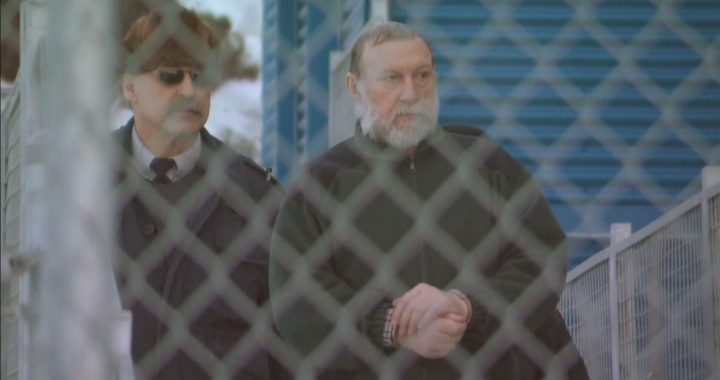Simpcw First Nation Kúkpi7 (Chief) Shelly Loring and BC family services leaders burned sage in a ceremony as they signed a child welfare agreement at a press conference.
The child welfare agreement, signed on April 12, is the first of its kind in the province and is called Tcwesétmentem, the name translates to Walking Together in Secwepemctsín.
It was more than two years in the making and will make sure Simpcw First Nation’s laws, customs and traditions are included in child welfare decisions.
In an interview with APTN News, Kúkpi7 (Chief) Shelly Loring says the agreement will give them a voice.
“It gives us the opportunity to voice our concerns and to have a voice in the planning for any type of protection, like I said, the planning and the placements of our Simpcw children,” she said.
According to a news release, the agreement outlines how the nation and the BC Ministry of Children and Family Development (MCFD) will work together on assessments, investigations, and care plans to support Simpcw families.
Mitzi Dean, minister of MCFD, provided a statement stressing the government’s commitment to working in a way that aligned with the nations.
“It is our commitment to work with Indigenous communities to honour and affirm their inherent right to support and protect their children and families in ways that are aligned with their nation’s beliefs, cultural practices, traditions and laws,” the statement said.
Kúkpi7 Loring says their goal is to take less disruptive measures with their families.
“We want to ensure that we are taking less disputative measures; we know that the child welfare and child welfare services, they don’t have a very good reputation in our first nations communities and with our families. We want to change that way of thinking; we want to be more proactive in changing that,” she said.
She added the first nation would take measures to keep their families together and provide opportunities for youth that are no longer in care will get reconnected.
“To reconnect to our culture, our language, our teaching and to the land which is so important because we say if you don’t have that connection to your homelands then you really are lost and the same thing with our language and culture,” she said.
According to the news release, this agreement establishes a pathway for other Indigenous communities to develop their policy with the BC government.










